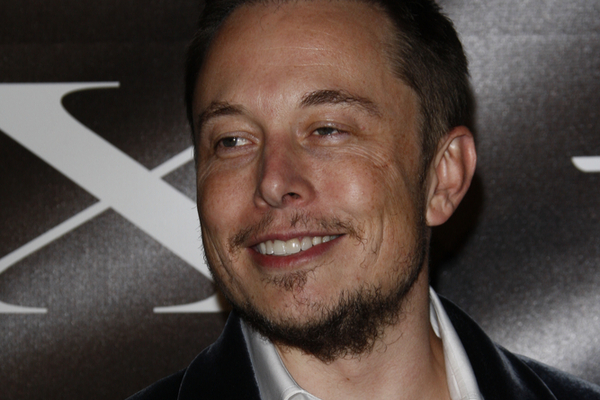As The Verge reports, Twitter’s board of directors has issued a new “shareholder rights plan” to block Elon Musk’s proposed buyout offer, a major setback to the billionaire’s efforts to take full financial control of the company. The plan was adopted “following an unsolicited, non-binding proposal to acquire Twitter,” the company’s board of directors noted in a press release announcing the change.
According to Bloomberg, this maneuver, known in the finance world as a “poison pill,” blocks hostile takeovers by giving certain shareholders the right to purchase more stock if an outsider attempts to seize control. The plan strongly suggests that Twitter’s board intends to fight Musk’s bid to take ownership of the company, as previously reported. Twitter CEO Parag Agrawal had previously told employees that the company was still evaluating Musk’s offer.
The board also detailed the plan in a filing to the US Securities and Exchange Commission, although the filing was not available as of press time. The plan will remain in effect for one year.
On April 4th, SEC filings revealed that Musk had accumulated a 9 percent stake in Twitter, becoming the company’s largest individual shareholder. Musk then accepted and abruptly backed out of a seat on the company’s board. As a board member, Musk would have been restricted from acquiring more than a 15 percent share of ownership. Then, yesterday, Musk filed with the SEC his offer to take over the company.
Musk criticized the possibility of board action against the deal yesterday, saying it “would be utterly indefensible not to put this offer to a shareholder vote.” Musk also said in the SEC filing where he announced his hostile takeover bid for Twitter that he “would need to reconsider [his] position as a shareholder” if his offer to acquire did not succeed.
Musk has not articulated his plan for Twitter, but it is widely believed to involve loosening the platform’s moderation policy, which has become a source of conflict in recent years.
In an interview at the TED conference in Vancouver, Musk said his primary motivation was to preserve Twitter’s position as a free speech platform. “Twitter has become kind of the de facto town square,” Musk told the crowd. “My strong intuitive sense is that having a public platform that is maximally trusted and broadly inclusive is extremely important.”
As The Verge reports, it’s not completely clear yet how this gambit will play out, but there’s also a more fundamental question: what does Elon Musk think free speech is, and who’s threatening it? Free expression is a cornerstone of an open society, and with governments across the world eyeing crackdowns on internet platforms, there’s a complicated interplay between different visions of what should be allowed online. But despite his sweeping declaration, Musk’s eye seems almost entirely focused on the far smaller question of Twitter’s own internal rules.
Musk was reflecting a common assumption that Twitter is a “town square” that’s become the primary arbiter of what people can say. Governments around the world still have a huge say in what gets said and how. Multiple countries have passed “fake news” rules that are (in theory) supposed to crack down on the spread of false online information, and some have threatened to ban platforms that don’t comply. European privacy rules instituted a “right to be forgotten” that requires platforms to remove embarrassing information posted online under certain circumstances. India implemented a strict legal regime for social media companies, requiring local offices to appoint government liaisons and, at one point, raiding Twitter’s offices.
According to The Verge, even inside the US, which has some of the world’s most permissive speech laws, Twitter’s moderators aren’t the only power at work. The platform has some of the loosest standards around adult content for a major social network, but the 2018 FOSTA-SESTA law threatens companies’ legal protections if they allow content related to sex work. US copyright law enjoys a significant exception to the normal rules protecting platforms from legal liability, which has spurred Twitter to do things like remove stolen jokes. The way companies like Twitter interpret these kinds of rules has a huge effect on users’ livelihoods and creative freedoms.
Far from being better equipped to protect free speech, a Musk-owned Twitter might be in a weaker position than a publicly owned one. Musk’s involvement in numerous other industries — including telecommunications with Starlink, space travel with SpaceX, and cars with Tesla — would give regulators and politicians added leverage to pressure Twitter with. This kind of leverage has already been a powerful weapon against heavily vertically integrated companies like Apple, which has complied with Chinese censorship and surveillance requests to avoid losing access to a massive market for its hardware. Musk’s businesses have the extra wrinkle of often involving government contracts and subsidies — the sort of deal that a high-profile moderation fight might put at risk.
—
Photo Credit: Phil Stafford / Shutterstock.com
